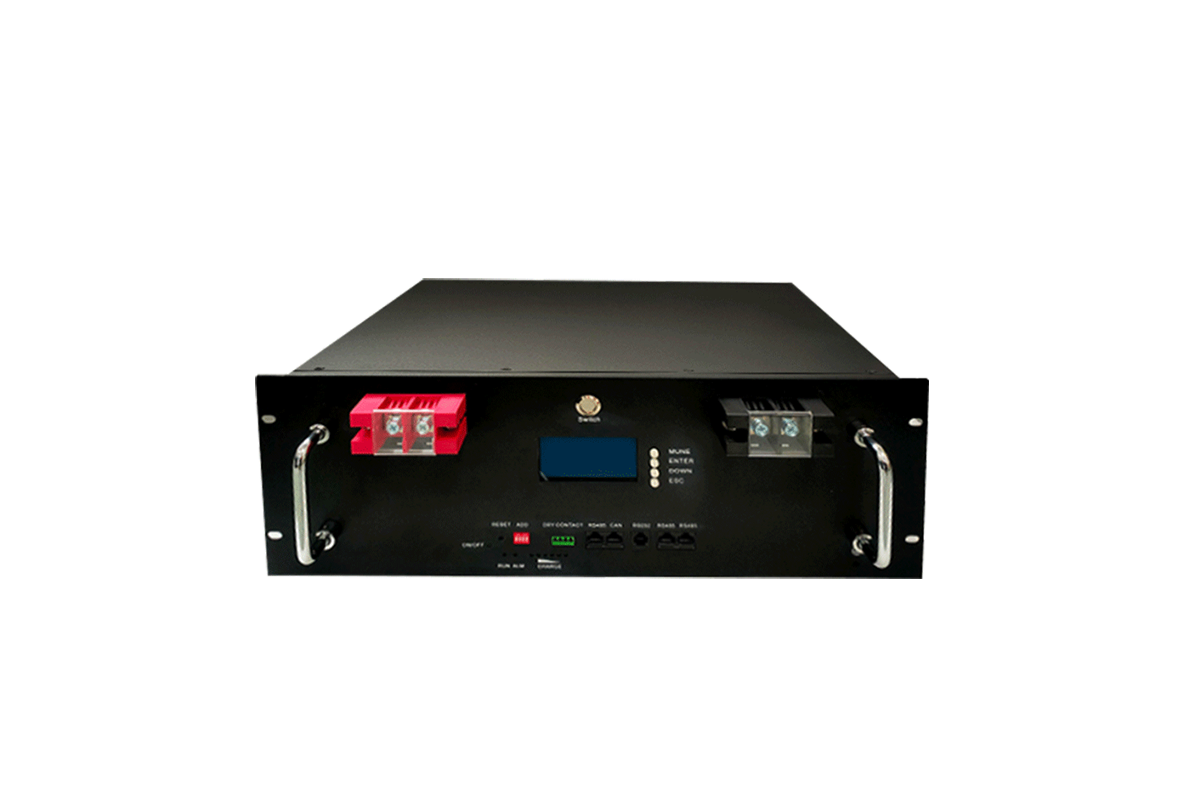

Time:2025-04-10 Views:1

Sodium-sulfur (Na-S) battery technology represents a significant advancement in the field of energy storage, offering unique advantages over traditional battery chemistries.
At the heart of Na-S battery technology is its electrochemical design. The battery consists of a molten sodium anode and a sulfur cathode, separated by a solid ceramic electrolyte—beta-alumina. Operating at high temperatures, typically between 300 - 350 °C, the sodium and sulfur are in a molten state, which enables efficient ion transfer. When the battery discharges, sodium ions (Na⁺) move from the anode through the beta-alumina electrolyte to the cathode, where they react with sulfur to form sodium polysulfides. During charging, the reverse reaction occurs.
This high - temperature operation is one of the key features of Na-S battery technology. It allows for a high power density, enabling rapid charging and discharging. The high energy density of Na-S batteries, as mentioned earlier, is also a result of this unique electrochemical process. Compared to lead - acid batteries, which have an energy density of around 30 - 50 Wh/kg, Na-S batteries can achieve up to 150 - 240 Wh/kg.
Another advantage of Na-S battery technology is its long cycle life. They can typically endure over 2,500 charge - discharge cycles, making them a cost - effective option in the long run. This is especially important for grid - scale energy storage applications where the battery needs to be repeatedly charged and discharged over an extended period.
However, the high - temperature operation also poses challenges. Specialized thermal management systems are required to maintain the optimal operating temperature. Additionally, the use of highly reactive sodium and sulfur requires careful engineering to ensure safety. Despite these challenges, continuous research and development efforts are focused on improving Na-S battery technology, enhancing its performance, safety, and cost - effectiveness.
Read recommendations:
Durable portable energy storage power supply for Construction Sites